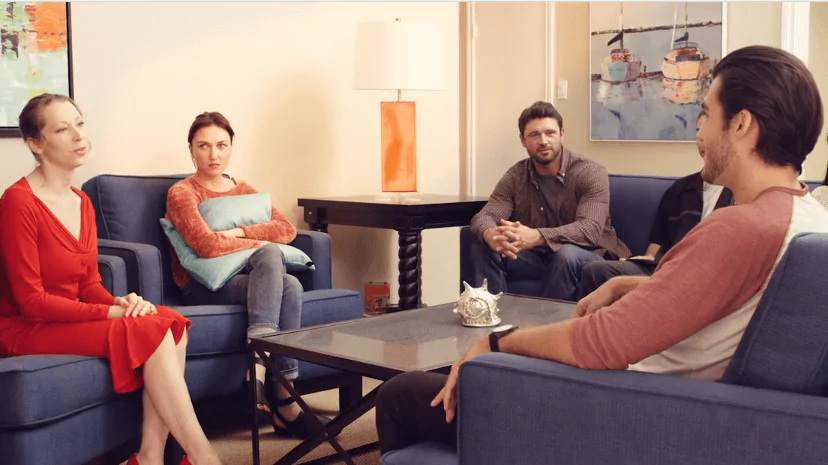centers in Summit, Utah are extremely vital in addressing the growing concern of drug and alcohol addiction within the community. Nestled in the stunning landscape of northern Utah, Summit County boasts remarkable natural beauty and recreational opportunities that attract many outdoor enthusiasts. The population of approximately 38,000 residents reflects a blend of families, professionals, and seasonal workers, each contributing to the vibrant character of the region. However, amidst the breathtaking scenery, Summit faces challenges with substance abuse that cannot be overlooked. Drug and alcohol addiction in Summit, Utah, has seen a concerning increase over the years, affecting individuals and families from various backgrounds. The effects of addiction stretch beyond physical health, often leading to emotional distress and strained relationships. The unique combination of a growing population and high tourism rates can create an undercurrent of stress that some residents struggle to manage, leading them to substance use as a coping mechanism. This highlights the critical need for effective addiction treatment solutions in the area. In response to these challenges, rehab centers in Summit, Utah offer essential services designed to help individuals reclaim their lives from addiction. These rehab facilities provide a range of support options, from detoxification programs to counseling and aftercare services, tailored to meet the individual needs of clients. The importance of rehab centers cannot be overstressed, as they act as beacons of hope for those seeking recovery. Their role goes beyond just providing treatment; they foster a supportive community that encourages individuals to share their experiences and challenges. Additionally, rehab centers play a significant part in educating families and the broader community about the realities of addiction and the importance of empathy and support for those in need. As Summit County continues to evolve, addressing the addiction crisis through comprehensive rehab offerings will be crucial in ensuring a healthier, more resilient community. Understanding the local landscape and the historical significance of Summit, Utah only adds to the importance of fostering strong addiction treatment systems in the area. The legacy of the area emphasizes resilience and innovation stands central to combating the growing substance abuse issues, making long-term health and recovery possible for many residents.Addiction treatment, drug and alcohol rehab centers are also available in
SummitLearn more about






















































































































































